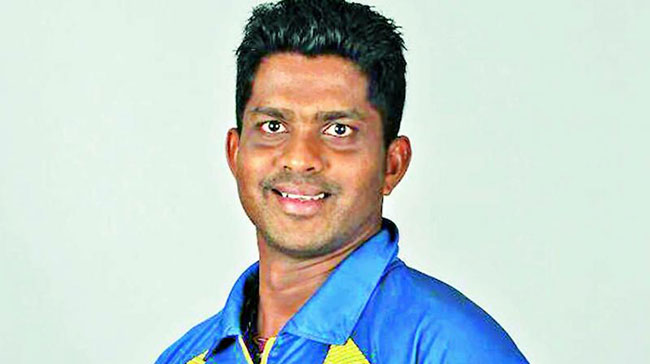LNP – Dilhara Lokuhettige banned for 8 years for breaching ICC’s anti-corruption code
Former Sri Lanka player Dilhara Lokuhettige has been banned from all cricket for eight years after an ICC Anti-Corruption Tribunal found him guilty of breaching the ICC Anti-Corruption Code.
The ban for Mr Lokuhettige is backdated to 3 April 2019, when he was provisionally suspended, the International Cricket Council (ICC) said in a statement.
As previously announced, following full hearings and presentations of written and oral argument, the Tribunal found Mr Lokuhettige guilty of:
Article 2.1.1 – for being party to an agreement or effort to fix or contrive or otherwise influence improperly the result, progress, conduct or other aspect(s) of a match.
Article 2.1.4 – Directly or indirectly soliciting, inducing, enticing, instructing, persuading, encouraging or intentionally facilitating any Participant to breach Code Article 2.1.
Article 2.4.4 – Failing to disclose to the ACU full details of any approaches or invitations received to engage in corrupt conduct under the Code.
Mr Lokuhettige has also been charged by the ICC on behalf of the Emirates Cricket Board (ECB) with breaching three counts of the ECB Anti-Corruption Code for Participants for the T10 League and these proceedings are ongoing.
Alex Marshall, ICC General Manager – Integrity Unit, said: “Having represented Sri Lanka in international cricket, Dilhara had attended a number of anti-corruption education sessions and would have known his actions were a breach of the Code.
“The severity of the sanction reflects the seriousness of his offences and his continued refusal to cooperate and should serve as a deterrent for anyone considering getting involved in corruption of any kind.”

